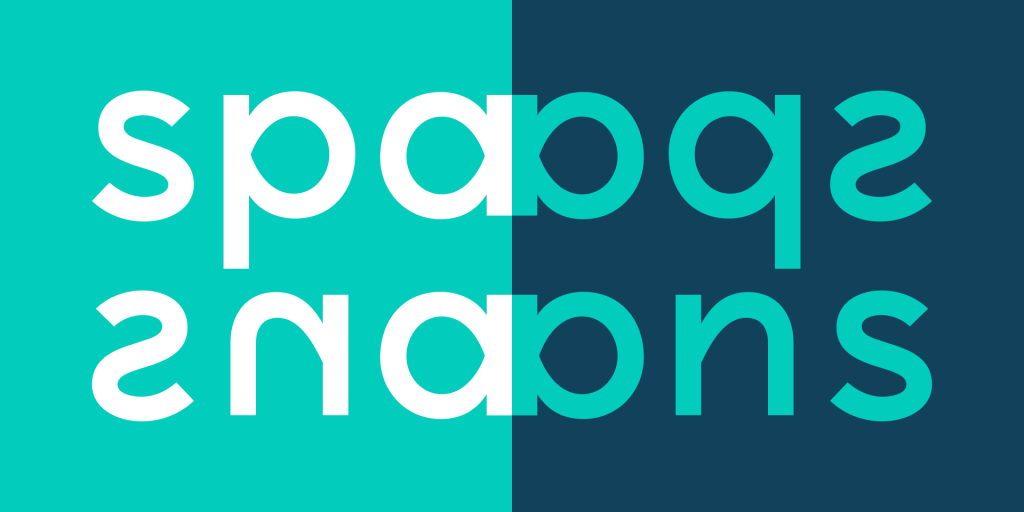With the recent explosion of Non-Fungible Tokens (NFTs), there are many legal question surrounding them. What intellectual property rights do creators have when launching an NFT? Is it allowed to mint someone else’s artwork? What exactly do you own when you buy an NFT? Are you (as a buyer) allowed to commercially exploit the underlying artwork of an NFT? In this blog, our NFT-lawyers, will try to answer some of these questions.
Disclaimer: though copyright regulations may vary from country to country, the European Union has some well-defined answers, since Copyright law is largely harmonized in the EU. However, country to country differences do exist (IP systems in the EU currently vary between member states). As such, this blog is provided for informational purpose only. Consult a local professional (such as one of our NFT-lawyers) for concrete legal advice.
Who owns the intellectual property embedded in the underlying artwork of an NFT?
Before talking about intellectual property rights, let us first emphasize the need to distinguish between the NFT (piece of code / metadata file) and the underlying artwork. They are not the same! Here, we are talking about the underlying artwork, not the NFT itself.
In the European Union, copyright is generally attributed to the author of the works and this same principle applies to the underlying artwork of an NFT. However, in many countries, there are certain exceptions to this rule, such as when a work is created by an employee in the course of his or her employment.
Under current copyright laws in the EU, authors receive automatic protection as soon as a work is created. In other words, no registration or additional forms are necessary when trying to safeguard an artist’s creation. This means that the artist who created the underlying artwork of an NFT, will probably own the copyright embedded into the NFT.
When I buy an NFT, do I become the new owner of the IP?
The short answer is “probably not”, unless there is a (written) agreement that says otherwise.
IP (intellectual property) and asset ownership is an often misunderstood concept. Many people think that owning a certain physical or digital object automatically bestows IP rights, but this couldn’t be further from the truth. In fact, IP and asset ownership are distinct entities; it is possible to own the IP without having possession of the asset itself, or to own an object without having IP rights to it.
So no, buying an NFT does not mean that you automatically become the new owner of the intellectual property rights. This requires a separate (written) agreement.
How does a NFT artist transfer his/her IP rights?
In most member states of the European Union, some sort of written document is required for the assignment of IP-rights. For example, Dutch law requires that copyright be transferred by written deed. Italian law – on the other hand – requires that the transfer is documented or that written evidence exists to prove such transfer. Therefore, if you want the NFT artist to transfer his or her copyright, you will have to put it in writing. An oral agreement is often not enough.
Can I use my NFT for commercial purposes?
So you bought an NFT and now want to know if you can use the underlying artwork for a commercial project. Maybe you want to print the digital image on a T-shirt? Or perhaps you want to display the image on a big billboard that you’ve placed in front of your office building. Whether or not you may use the underlying artwork of an NFT for commercial purposes depends on the (written) agreements that were made. An example of this could be seen with BAYC token holders, as they are permitted to create and sell merchandise such as shirts displaying ape artwork associated with their IP rights. Clearly outlining what actions fall within the scope of “commercial use” can help promote a more articulated NFT ecosystem for creators and users alike.
What are NFT royalties?
Royalties are used to commercially benefit an IP owner by giving them a steady income for a(n) (indefinite) period of time in exchange for giving another party the rights to use their IP. NFT-projects use blockchain technology such as smart contracts to automatically make a royalty payment to the original NFT seller on each onward sale of the token.
One could argue that NFTs offer a groundbreaking new way for asset owners to create a passive income stream. Thanks to NFT’s innovative smart contract technology, NFT sellers are now able to automatically receive royalty payments when an NFT is sold on again by the buyer. Royalties vary depending on the NFT, but usually range between 5 and 15% of the sale price of each NFT onward transaction. This unlocking of potential revenue is unprecedented in the digital asset space, and provides asset owners with a powerful alternative revenue stream compared to traditional models.

